I made an Apple Music playlist of Hans Castorp’s favorite music in the “Fullness of Harmony” chapter of The Magic Mountain. (Full disclosure: there’s lots of opera.)
Amazing that it’s so easy to enjoy the same music that a fictional character …
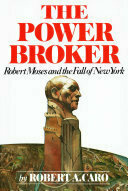
Robert A. Caro
I made an Apple Music playlist of Hans Castorp’s favorite music in the “Fullness of Harmony” chapter of The Magic Mountain. (Full disclosure: there’s lots of opera.)
Amazing that it’s so easy to enjoy the same music that a fictional character …
This piece by Tara Isabella Button, In Brooklyn, ‘tradpunk’ Christianity meets millennial counterculture, speaks to some of what resonates with me in Anglicanism.
Her literary lineage of Anglo-Catholics is a bit heavy on the twentieth century, …
Today’s listening: on a recommendation from my father, Pat Methany’s Still Life (Talking), a Latin-jazz-fusion album. Like a lot of Methany’s music, it’s strange, beautiful, a bit surreal, heavily produced. 🎶
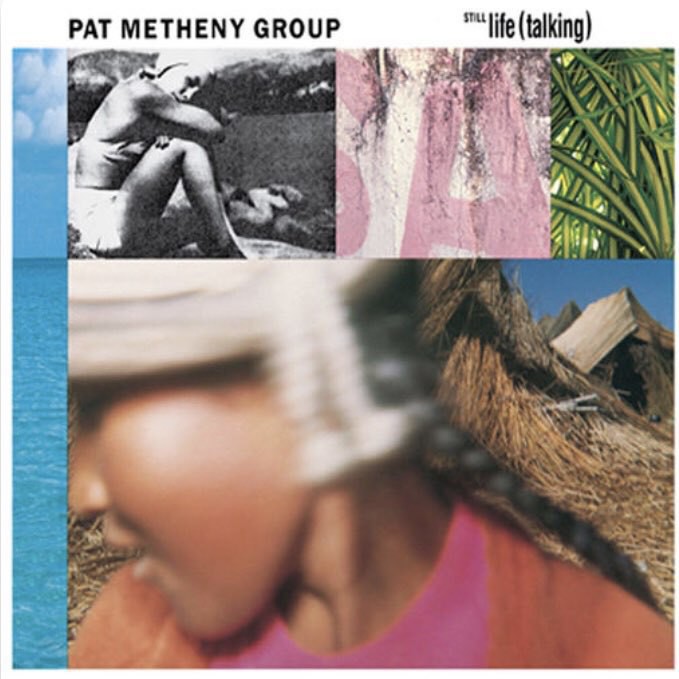
I’m excited about the new Schwarzman centre for the humanities at Oxford, which will provide a hub for the humanties departments and also a research center for the ethics of AI. It’s great to see major gifts earmarked especially for the humanities. …
I really like Ezra Klein’s podcast about half the time. He’s fair-minded, listens carefully, asks good questions—but only when interviewing people he disagrees with. That said, his interview with Stacey Abrams is still very good, because she’s so …
I’m excited to be co-leading a reading group on Thomas Mann’s wonderful novel The Magic Mountain this summer. The novel is truly delightful: long, funny, and strange; a novel that explores pre-WWI Europe. If you’re looking for a big book to read this …
Brad Mehldau’s new album, Finding Gabriel, is apparently the fruit of an intense reading of the Bible. Its compositions are inspired by passages from the wisdom literature and the minor prophets. Unsurprisingly, then, it’s wild, wide-ranging, and …
I’d listen to Clifford Jordan’s Glass Bead Games just to have a chance to look at the gorgeous cover art again. But the music is even more exceptional than the typography! 🎶 🎷
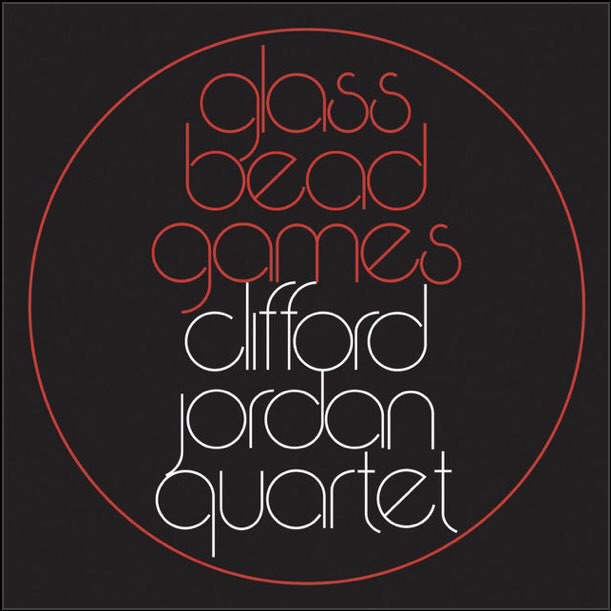
I wanted to create something useful and practical, you see… And since I also loved books, I was determined that they be as beautiful as possible. That’s all there is to it.
~ Jacques Schiffrin, qtd. in “On Founding One of Literature’s Most …
Today’s listening: gotta be the new Vampire Weekend album, Father of the Bride. 🎶
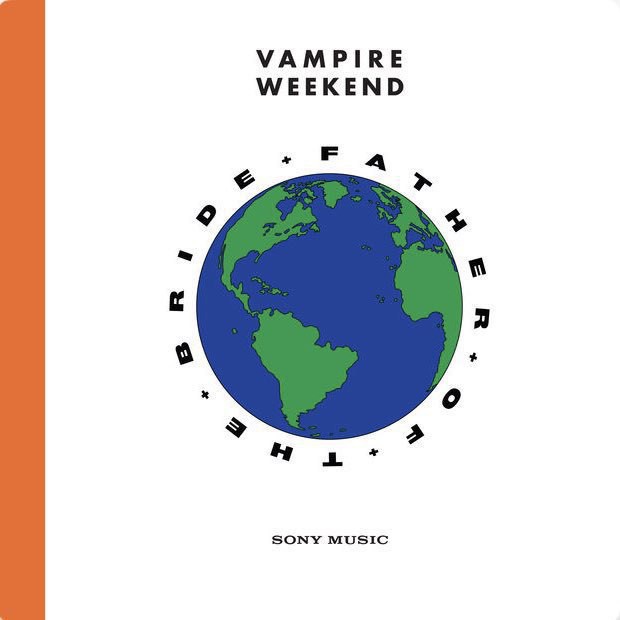
Publicly manifested prosperity might well hide a deeper sorrow than we at first could imagine.
~ Fr. James V. Schall, on the moral vision of Samuel Johnson’s essays 🔗 📚
Riding with the gauchos of Argentina: A photo-essay (h/t Gray Areas
I studied in Buenos Aires in the spring semester of 2005, and my brother & I had the good fortune to travel through Argentina’s northeastern provinces for a couple of weeks after …
I’m proud of my sister-in-law, Krista Costin for her role in the Oratory Bach Ensemble’s production of the St. John Passion at the Lab Theater this weekend. To quote from the Star Tribune’s review,
Six female dancers provided a sensitively balletic …
I’ve been listening to a lot of Third Stream recently. So far, though, nothing I’ve found has come close to the depth & beauty of Sketches of Spain. 🎶 🇪🇸
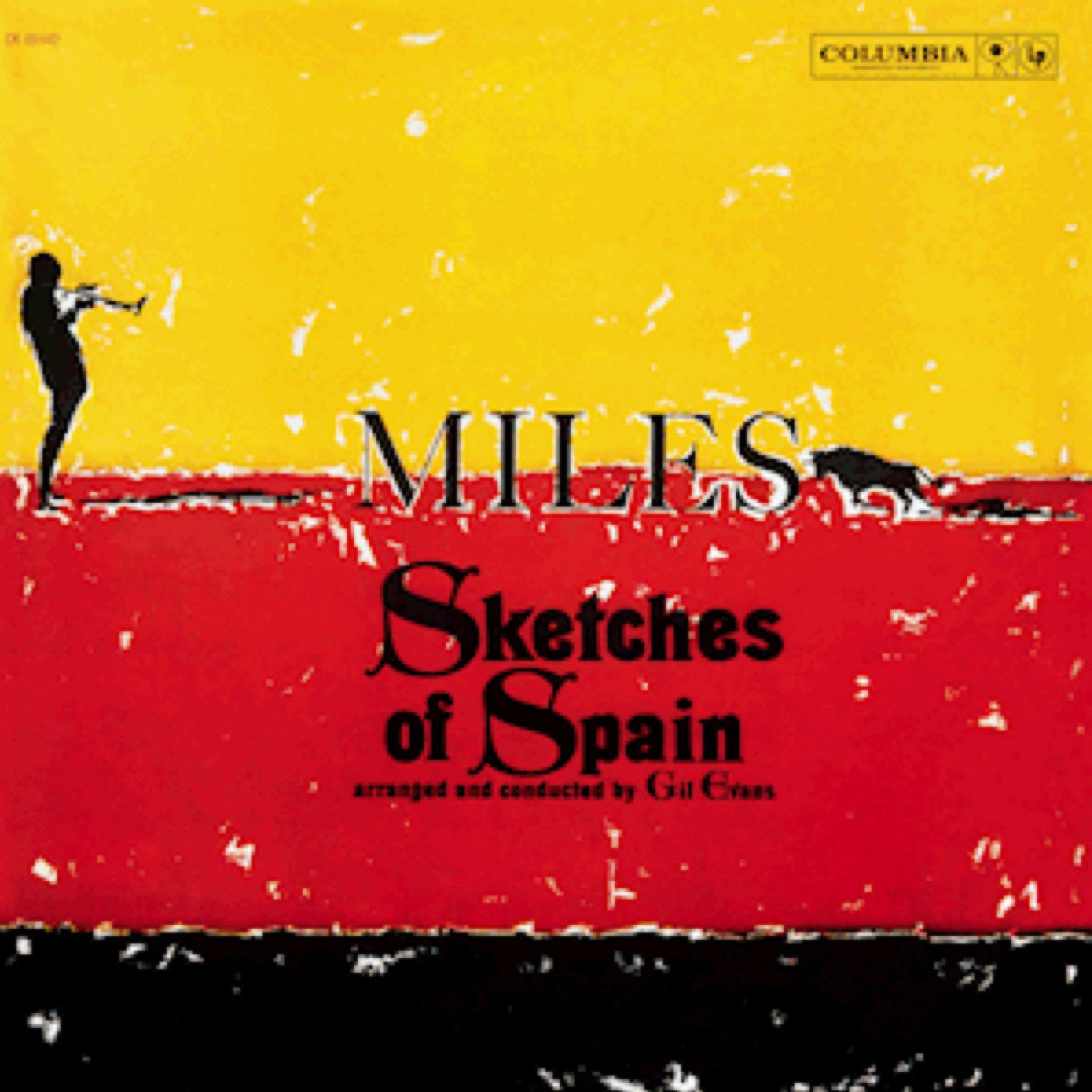
Here’s a delightful symposium on personal libraries. The best entries, in my opinion, are those from Sarah Ruden & Peter Travers.
The symposium inspires me to write the story of my own personal library. I’d love to read others from the microblog …
A disappointingly short, but still worthwhile, portrait of editorial illustrator Anna Parini, whose striking work has been all over the place of late. 🔗
I’m sure they’ll be completely transparent and absolutely vigilant, whatever they come up with. There’s no way they’d ever use their platform for personal gain when it suits them. Zuckerberg is definitely the guy to trust when …
Recommended: this excellent review of a book I plan to read as soon as possible: Martin Hägglund’s This Life: Secular Faith and Spiritual Freedom. 📚